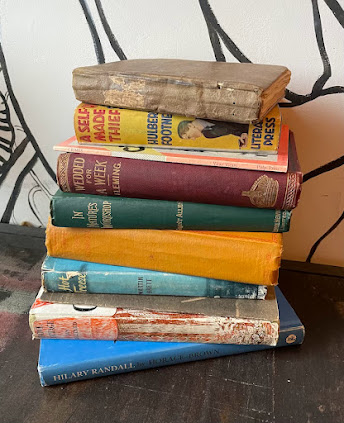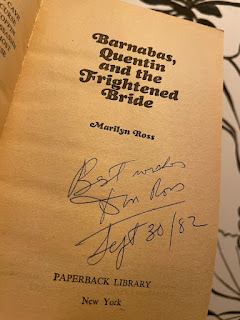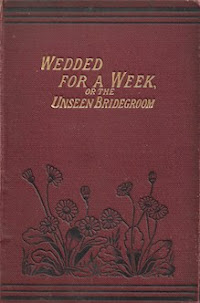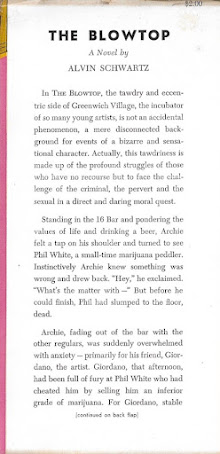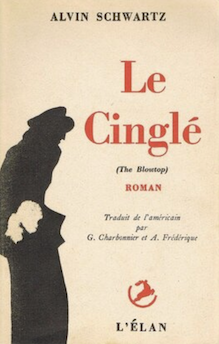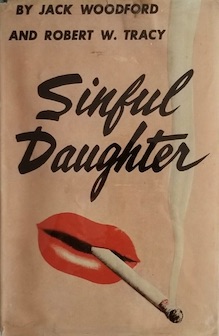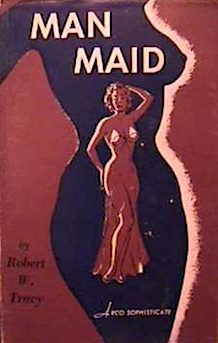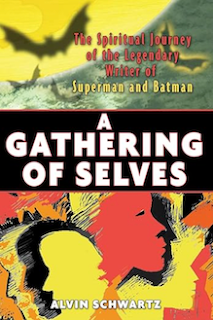My lengthy victory dance came to an abrupt end when they arrived loose in a recycled Amazon box. Most were in poor condition, some featured stamps from used bookstores, and one had a previous owner's name written on its cover. Added to all this was the shipping charge, which far exceeded the amount paid for the books themselves, and was several times greater than what Canada Post had charged the seller.
Had all gone well, this copy of Barnabas, Quentin and the Frightened Bride (New York: Paperback Library, 1970) would've surely made the cut.
Enough negativity! It was a good year!
What follows is 2023's top ten:
Grant Allen
London: Newnes, 1901
I bought three Grant Allen books this year – the novels This Mortal Coil (1888) and At Market Value (1895) being the others – but this is the one I like the most. The posthumously published second edition, it features over one hundred illustrations by English naturalist Frederick Enock (1845-1916).
Horace Brown
While working to return Brown's 1947 novel Whispering City to print, I learned that Saturday Night editor B.K. Sandwell had thought Hilary Randall just might be the great Canadian novel. Self-published roughly four decades after its composition, my copy is inscribed!
May Agnes Fleming
As with Grant Allen, I can't let a year go by without adding more Fleming to my collection. The Actress' Daughter was the first, but I much prefer this 1881 novel, if only for its two titles.
Writing this I realize that I haven't read a Fleming in 2023.
As my old review of 1930's The Mystery of the Folded Paper suggests, I'm not much of a Footner fan, Still, at £4, this last-minute addition to a large order placed with a UK bookseller seemed a bargain. The dust jacket illustration, which I hadn't seen, is unique to this edition.
Had I not read this novel, it's unlikely this wouldn't have made the list. Pagan Love entertained at every turn as a take-down of the burgeoning self-help industry and corporate propaganda. Odd for a man who spent most of his working life writing copy for the CPR.
Jan Hilliard [Hilda Kay
There are books that grow on you. Reviewing Dove Cottage this past March I likened it to an enjoyable afternoon of community theatre, but it has remained with me in a way that the local real estate agent's performance as George Gibbs has not.
Montreal: Véhicule, 1973
This year marked the fiftieth anniversary of Véhicule Press. Three Dozen Sonnets & Fast Drawings was the press's very first book. A pristine copy with errata slip, it appeared to have been unread.
No longer.
Maria Monk
A first edition copy of the text that launched an industry. Not in the best condition, but after 187 years, much of it being pawed over by anti-papist zealots, what can one expect.
My work on the Maria Monk hoax continues.
Vicar Vicars [Ted Mann]
As far as I know, Crimes is Ted Mann's only book. When published, he was an editor at National Lampoon. The Bombardier Guide to Canadian Authors was in his future, as were NYPD Blue, Deadwood. and Homeland.
What to expect next year? More Allen and Fleming, I'm betting. Basil King seems likely.
